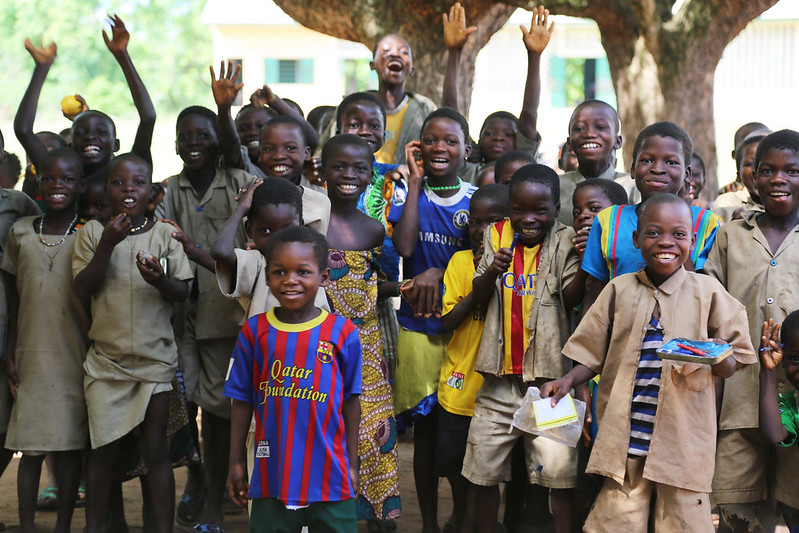A Bright Future for Accessible Energy in Togo
 Togo is a country in western Africa that is bordered by Ghana, Benin and Burkina Faso. Togo’s government is currently working on increasing the rate of access to electricity for its citizens. The country has already made significant progress, advancing from 17% in 2000 to 35% in 2016. However, there are large disparities in electricity access between urban and rural areas. Electricity rates are 87% in urban areas and only 7% in rural areas. Currently, one million households in Togo are without power.
Togo is a country in western Africa that is bordered by Ghana, Benin and Burkina Faso. Togo’s government is currently working on increasing the rate of access to electricity for its citizens. The country has already made significant progress, advancing from 17% in 2000 to 35% in 2016. However, there are large disparities in electricity access between urban and rural areas. Electricity rates are 87% in urban areas and only 7% in rural areas. Currently, one million households in Togo are without power.
Togo’s government has set ambitious goals to achieve universal access to electricity by 2030. The country cites three main obstacles to this goal. First, Togo has limited experience with independent power producers. Second, there are technical issues concerning the aging infrastructure. Finally, Togo does not have a plan to integrate on-grid and off-grid connection goals yet.
Initiatives Promoting Rural Accessible Energy in Togo
A large part of Togo’s energy project targets improving access to energy in rural areas. Many rural communities are not reachable by the standard electricity grid. Therefore, the government is looking into various off-grid options to support the three million people who are not reachable by the grid.
In 2017, Togo launched an initiative called “CIZO.” This initiative seeks to increase rural electrification to 40% by the year 2022. In order to do this, the government is working with off-grid companies to offer solar power to rural communities. The goal is to build 300 small solar plants across the country and distribute solar kits to 500,000 households. So far, 35,000 households have received solar kits.
Looking Towards a Renewable Future
In addition to solar energy, Togo is invested in creating other sources of renewable and accessible energy for its communities. The country has a goal of reaching 50% energy from renewable sources.
In July 2020, Togo announced that it will begin the construction of a new biogas reference laboratory at the West African Centre for Scientific Services on Climate Change (WASCAL) at the University of Lomé. As stated by Komi Agboka, director of the WASCAL, “the future laboratory will enable Togo’s enormous biomass potential to be further exploited through the development of research capacity and the demonstration of innovative biogas production technologies.”
The construction of this laboratory is part of the larger Programme for the Development of Renewable Energy in Togo (Pdert) which launched on February 27, 2019. This project will assess Togo’s renewable energy resources, develop the storage and distribution of clean energy, and find economically sustainable models.
Togo’s government emphasis on finding renewable energy sources has garnered international attention. Togo’s Rural Electrification and Renewable Energy Agency recently won third place in the Ashden 2020 Award for its renewable energy development policy. This is an award given by the British organization Ashden and seeks to highlight countries that show “systemic innovation for energy access.”
Accessible energy in Togo will take many significant steps to achieve, but with the persistence and commitment of both private energy providers and academic institutions, this goal is realistic. Togo’s renewable energy initiatives show that even without the large budgets of developed countries, it is still possible to make meaningful progress towards sustainable and accessible energy.
– Antoinette Fang
Photo: Flickr
